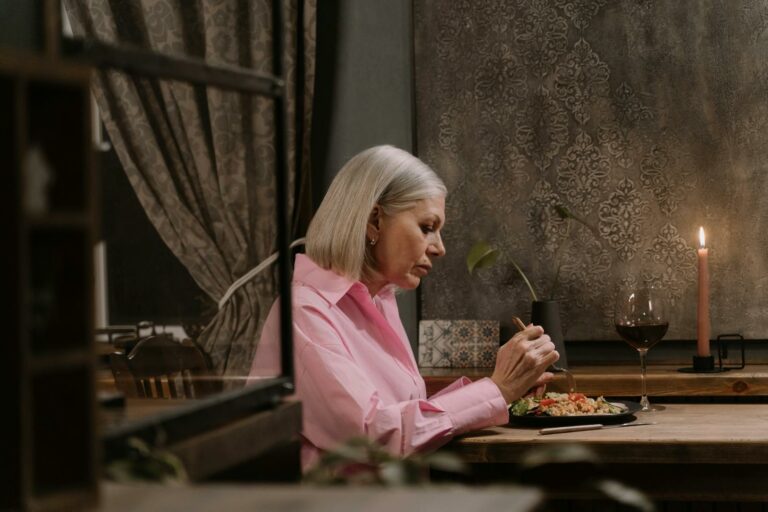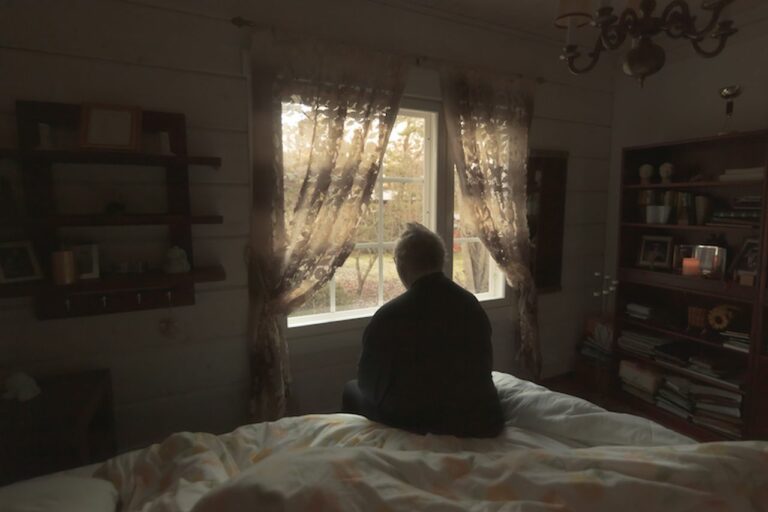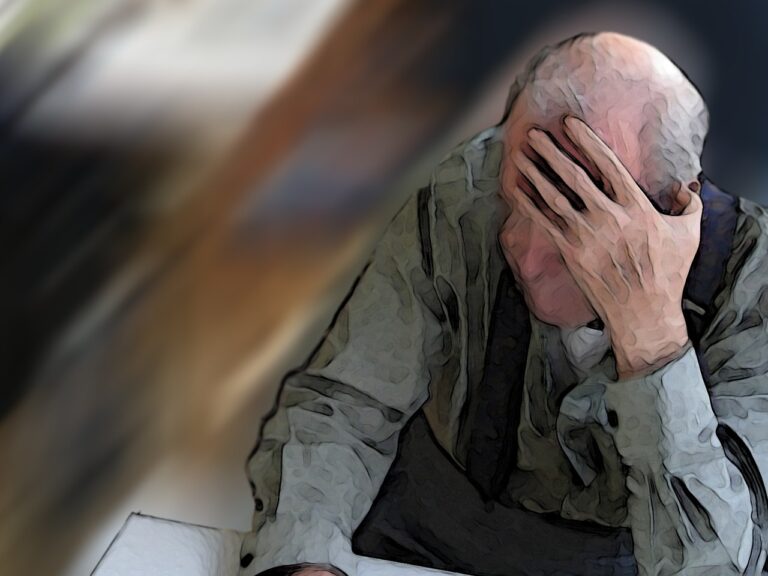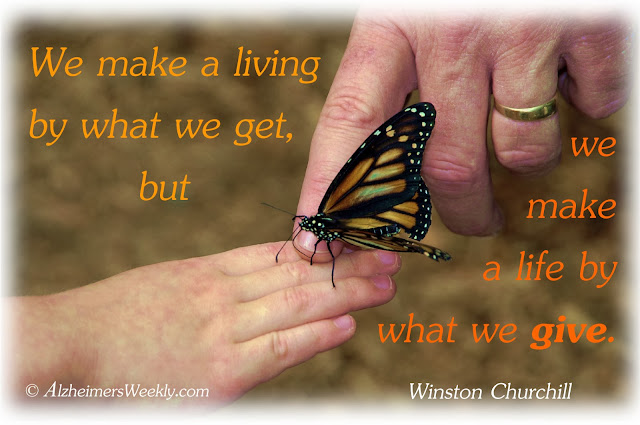
How To Care for Sundowning
“Sundowning” describes agitation and anxiety often felt towards the end of the day in dementia. See what it is and what you can do about it.

“Sundowning” describes agitation and anxiety often felt towards the end of the day in dementia. See what it is and what you can do about it.

Daylight Savings Time can disrupt the environment and daily routine of people with Alzheimer’s. See how to be proactive when changing the clock.

A groundbreaking study corrected the circadian disruptions seen in Alzheimer’s mice by using time-restricted feeding. This may improve sleep, sundowning, confusion and memory.

Environment, Empathy and Engagement improve sundowning, or sundowners syndrome, in dementia and Alzheimer’s. Explore effective strategies to comfort and support your loved ones symptoms.

In “SUNDOWNING SYNDROME,” people with dementia show high levels of anxiety, agitation, overactivity and delirium. It typically occurs in late afternoon and evening, before their normal time to go to bed. Learn how brain biology explains “sundowning.”

VIDEO ON SUNDOWNING: See UCLA’s Dementia Care Program deal with end-of-day agitation and irritability, known as “Sundowning”. A caregiver asks, “My loved one’s behavior tends to get worse when the sun starts to go down. He appears exhausted and restless. What can I do to get him through this time of the day?”

Alzheimer’s research from UVA Health suggests that enhanced light sensitivity may contribute to “sundowning” – the worsening of symptoms late in the day.

For 12 years, a special program called “Dusk ‘Til Dawn” has been successfully fighting sundowning.

The US Food and Drug Administration has announced the supplemental approval of Rexulti (brexpiprazole) oral tablets for the treatment of agitation associated with dementia due to Alzheimer’s. Learn more.

The FDA has approved the supplemental New Drug Application (sNDA) of REXULTI® (brexpiprazole) for the treatment of agitation associated with Alzheimer’s. It’s the first such treatment to be approved in the US. Learn more.

This beautiful song captures a son’s dedication to his father with Alzheimer’s. Starting from his window in a care facility, the gorgeous imagery unfolds into a most moving music video.

Australian researchers show nanoparticles that contain curcumin, from turmeric, not only prevent cognitive deterioration, but also reverse the damage. Find out more about this exciting development.

Getting in and out of a car’s passenger seat may not be simple, once dementia sets in. Learn the skills needed.

SHORT-TERM MEMORY lapses are obvious signs of Alzheimer’s, but other tell-tale signals begin to show much earlier. Learn how to look for semantic impairments, such as simple questions about size.

Three important dementia studies focus on HS-AGING, a type of dementia almost as common as Alzheimer’s in the 85+ group. Yet few people have heard of it. Why? What makes it different?

An intriguing study of 120 grandmothers might surprise you. Doctors know socially engaged people have better cognition and less dementia. But can a person get too much of a good thing? What’s the right balance?

Enjoy this great duet between a musician with dementia and his son. A triumph of spirit over Alzheimer’s! Sing-a-long if you like!
No spam, only news and updates.


